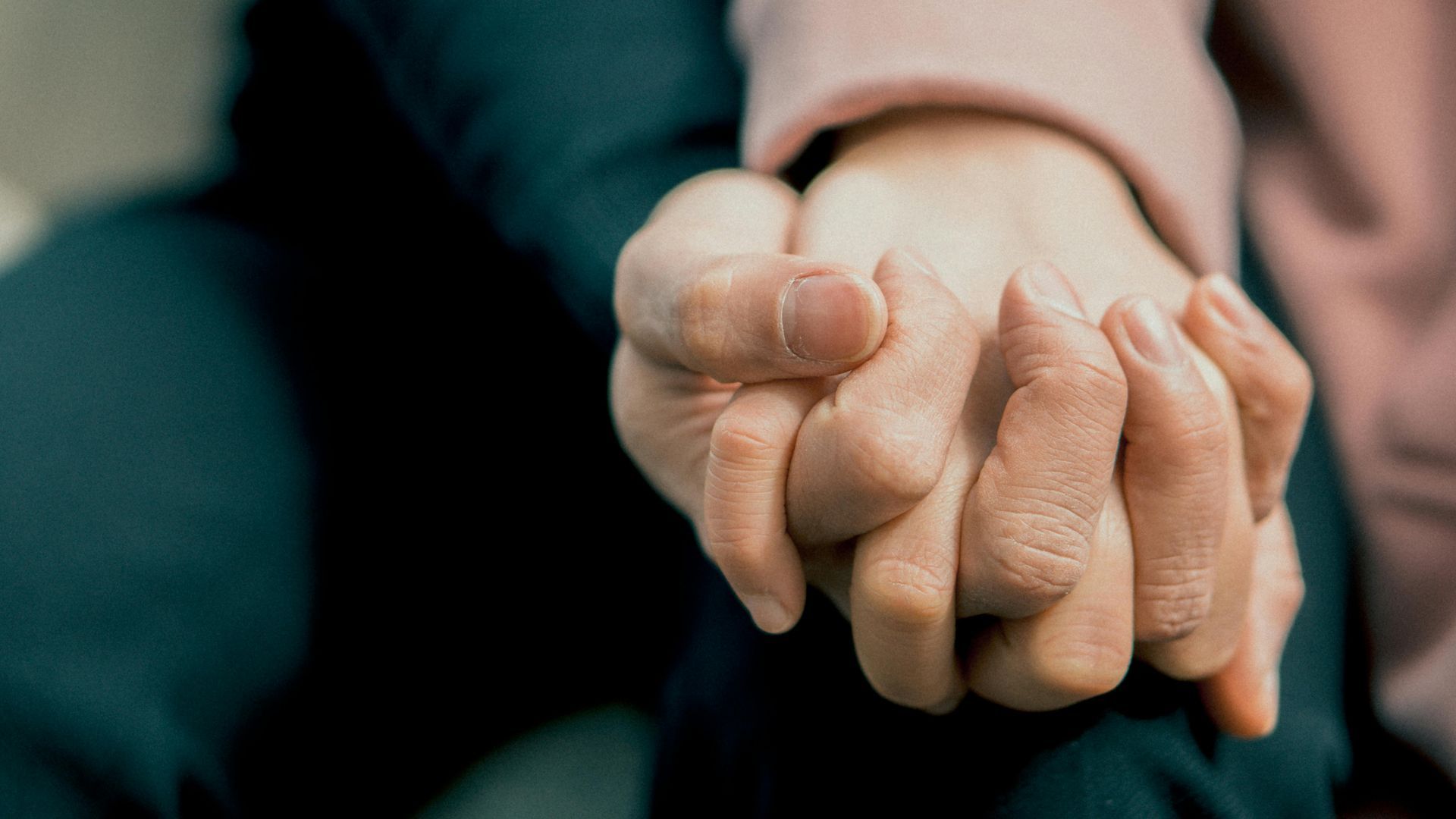3 Effective TBI Recovery Tips for Adults
3 Effective TBI Recovery Tips for Adults
Traumatic Brain Injury (TBI) results from sudden damage inflicted to the brain in the form of a bump, blow, jolt, or penetrating trauma to the head. It’s one of the leading contributors of death and disability among adults. But, not all blows to the head results in TBI, and the ones that do are often classified as “mild.” Depending on where one lands on the severity scale, the intensity and extent of symptoms will differ.
Many patients struggle with this misconception that brain injury’s side effects last forever. This isn’t necessarily true. There are steps you can take steps to progressively minimize or eliminate many of its symptoms.
TBI Recovery Tip#1 Get a full-night of Sleep (EVERY NIGHT)
Sleep disorders often accompany TBI side-effects. Patients struggle with insomnia, hypersomnia, parasomnia, and interrupted sleep, impeding the recovery process. Not getting enough sleep exacerbates the other TBI symptoms, such as pain, depression, delirium, fatigue, mood swings, anxiety, and memory problems. Adopting good sleep hygiene can help mitigate sleep-related issues. Some healthy sleeping tips include:
- Avoiding electronic devices or TV 1 to 2 hours before bedtime because both of those activities are mind-stimulating
- Avoid consuming caffeine, alcohol, or nicotine.
- Avoid naps during the day; if you must nap, keep it under 20 minutes.
- Avoid exercising or eating heavy meals during the hours leading up to bedtime.
- Embrace consistency: go to bed and wake up at the same time every day, including the weekends.
- Exercise and get an hour or two of sunshine every day to reset your internal clock
TBI Recovery Tip#2 Make Regular Exercise Part of Your Life
Daily exercise following a brain injury can help with mood regulation, weight management, stress management, stamina, memory, and stabilizing energy levels.
There are three types of exercise you should consider adding to your routine:
- Cardio: Exercises like walking and swimming will increase heart rate and strengthen cardiovascular muscles in your heart. It also improves blood circulation throughout the body.
- Strength-training: Strength training exercises are aimed at making muscles strong through pushing and pulling against resistance. It improves bone density, balance and coordination, and posture.
- Flexibility:
Exercises aimed at flexibility include Pilates, tai chi, and yoga. They increase muscle length and help you expand your range of motion.
That said, consult your physician before starting an exercise program. Also, note that exercise intensity should be increased slowly, and if you feel headache or dizziness after a workout, revert to a light workout program for a little while the symptoms dissipate.
TBI Recovery Tip#3 Reduce screen time
Many of us spend hours on our smartphones, computers, or in front of the TV. But those with brain injury may experience headaches and dizziness following a concussion, and prolonged use of LCD screens can exacerbate these symptoms. Here’s why:
The images you see on your computer screen are made up of tiny dots called pixels. Your eyes have to work hard to keep the images in focus, especially since the pixels refresh 60 times per second. If you look at the screen for a long time, the rapid changing of pixels can strain the eye muscles. This can be detrimental for someone with a TBI. Plus, the backlight emanating from a computer screen compounds the side-effects, such as headaches, dizziness, nausea, and fatigue even more.
Thinking about completely abstaining from all screens? That won’t be necessary. Experts believe that entirely eliminating screen time offers no benefits. Plus, completely removing electronics can increase depression and anxiety feelings since many people use these devices to stay connected with others. But limiting screen time, then gradually increasing it in 5 to 15-minute intervals can help. Here are some tips to reduce strain when using screens:
- Reduce brightness and increase font size.
- Use dark mode whenever possible.
- Use light filtering glasses to eliminate harmful wavelengths from triggering headaches and other symptoms.
- Take frequent breaks.
Remember that recovery is a slow process. And there may be ups and downs along the way. But keep at it, and evaluate your progress in terms of years instead of days.
The post 3 Effective TBI Recovery Tips for Adults appeared first on Flourish Supportive Living Assisted Living for Brain Injury.













